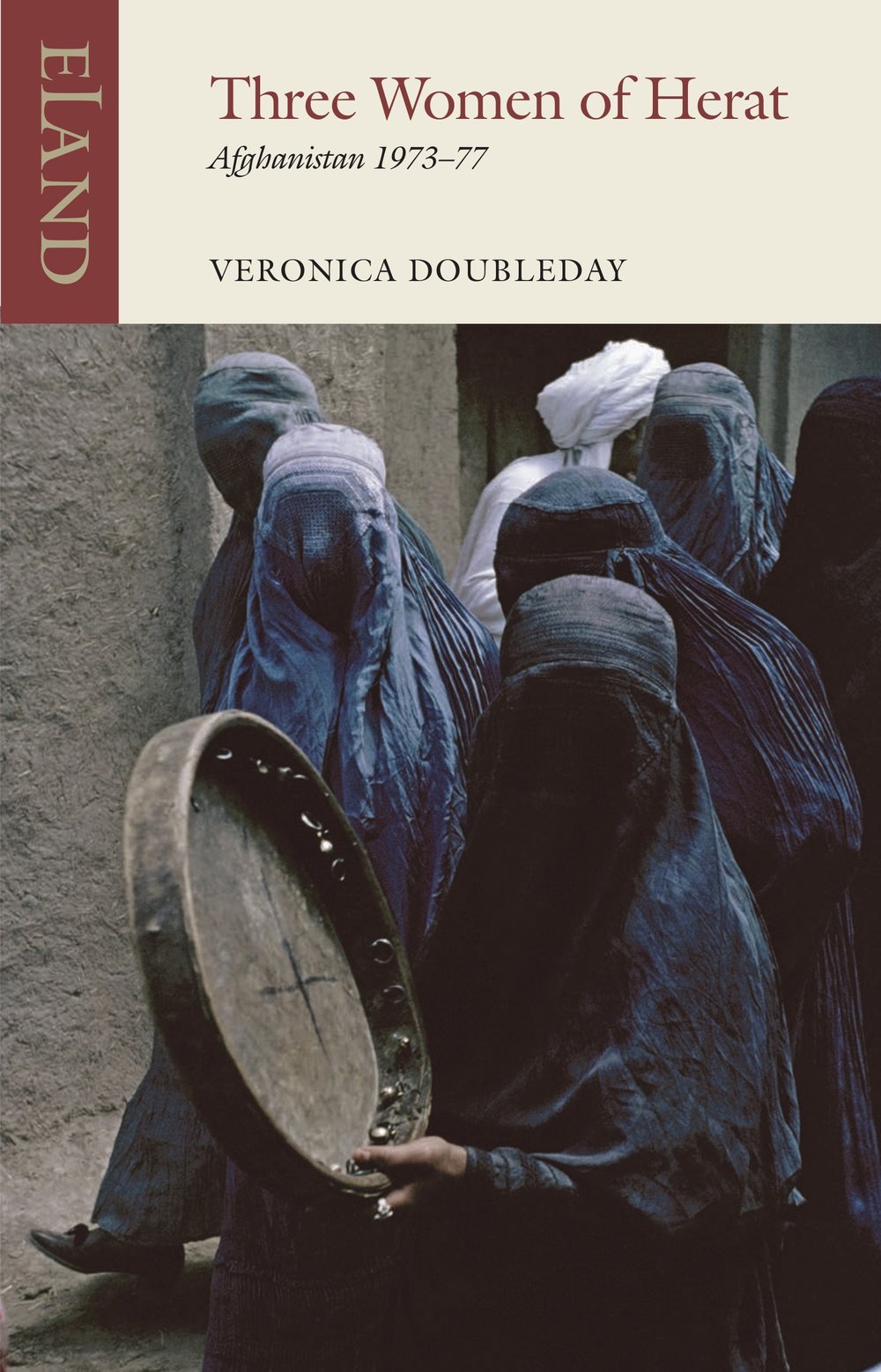Three Women of Herat
Afghanistan 1973-77

In 1973, the Afghans still had a King who ruled from a palace in Kabul with his own resident court of musicians when Veronica set up home in Herat.
This Afghan city sat close to the Persian frontier and was fully cognisant of its glorious history as the capital of a once vast Central Asian Empire. Veronica was not a casual traveler but a young musician married to a scholar. She was determined to make use of her time in Afghanistan and break out of the charmed circle of the expatriate academic and make real friendships with local women. The tentative story, the growth in these very different friendships, takes the reader into a rare, deep, and privileged insight into the hidden world of Afghan female society. This is more than enough to make this book remarkable, but it has an afterlife of its own. For a Communist coup, then the Russian invasion, a long guerrilla war of Resistance is followed by Civil War and the rise of the Taliban. Veronica was separated from her friends: feared the worst, sought to assist but was also aware that contact from a westerner could be lethal to them. Then a fragile peace allowed her to meet them again and pick up their stories. It is a most exceptional work, which reads like a novel.
‘I was fascinated by this story of ordinary life before the Russian invasion of Afghanistan. The three women are remarkable and unforgettable, and the story of how the author gained their friendship is like a novel.’ – Doris Lessing
‘Three Women of Herat is a sensitive, knowledgeable and very moving account of an annihilated civilisation.’ –The Sunday Times
‘Her understanding of 'purdah' is certainly the most illuminating by any Western writer for a long time. It is in describing the rituals of the day-to-day life of these women that the author excels, all are minutely depicted with a ravishing eye for detail.’ – Ahmed Rashid

Veronica Doubleday is a respected ethno-musicologist. She first travelled to Herat with her husband, John Baily, during the main period of his research into traditional Afghan music. She continues to perform the songs she learned in Afghanistan and writes frequently on the country. Since this book was written, she has returned to Herat twice, in 1994 and 2004.
